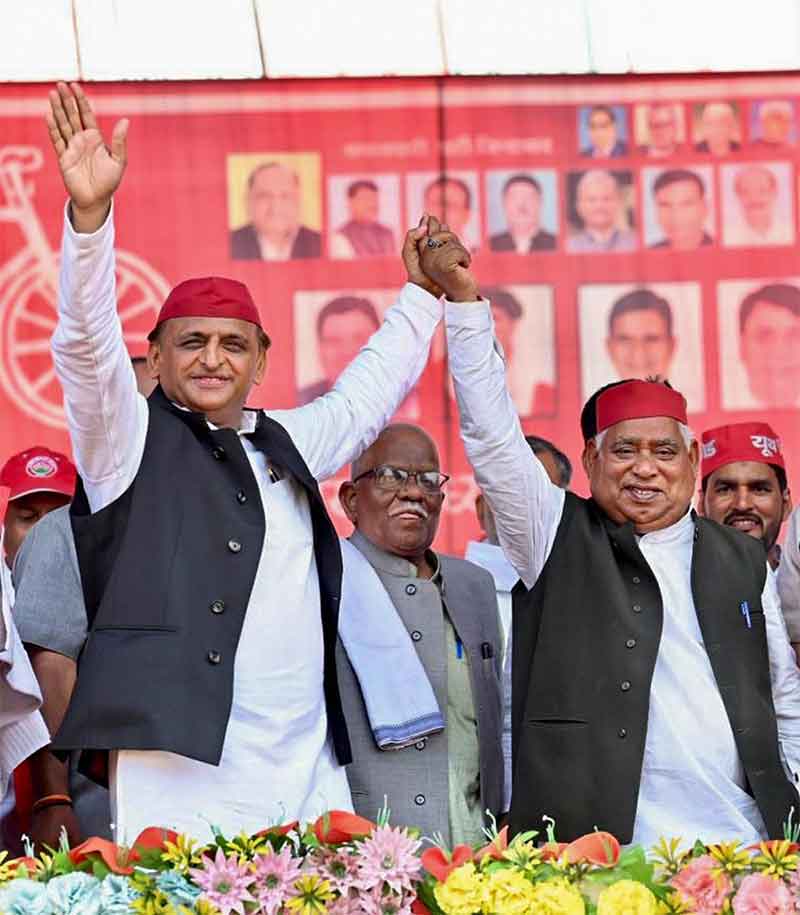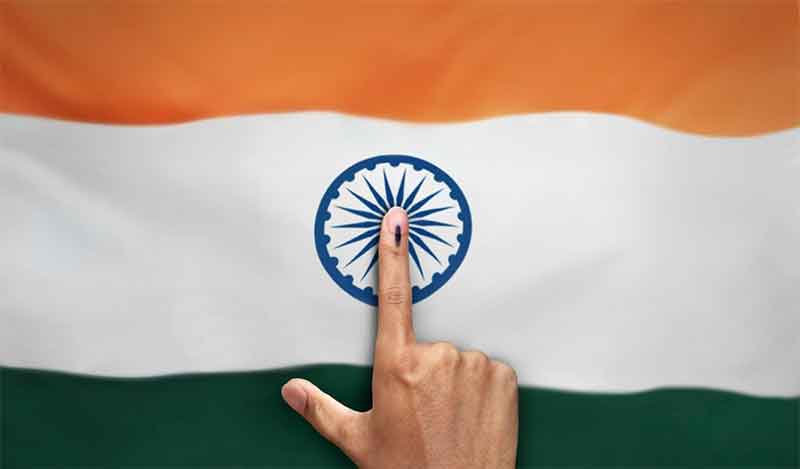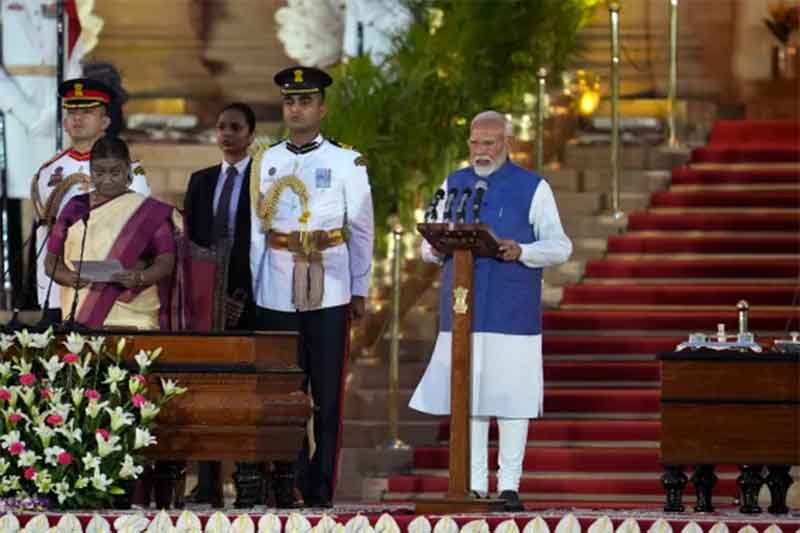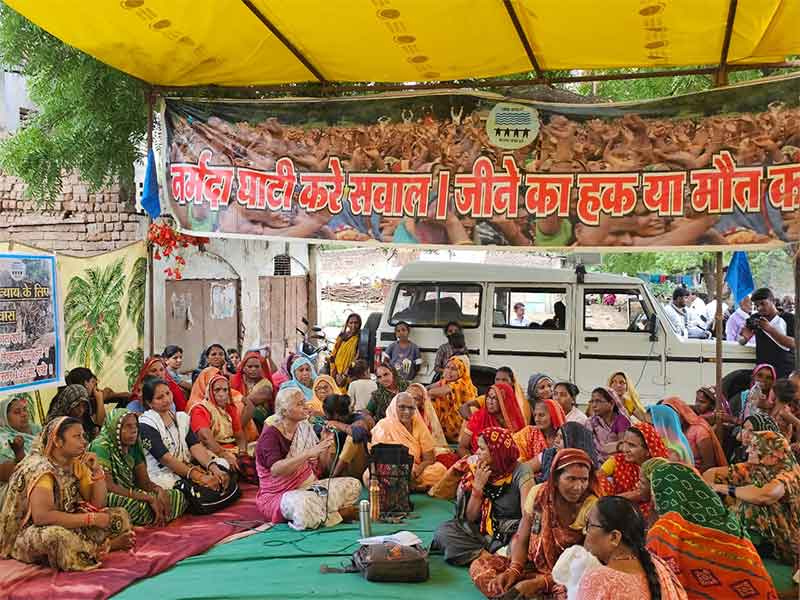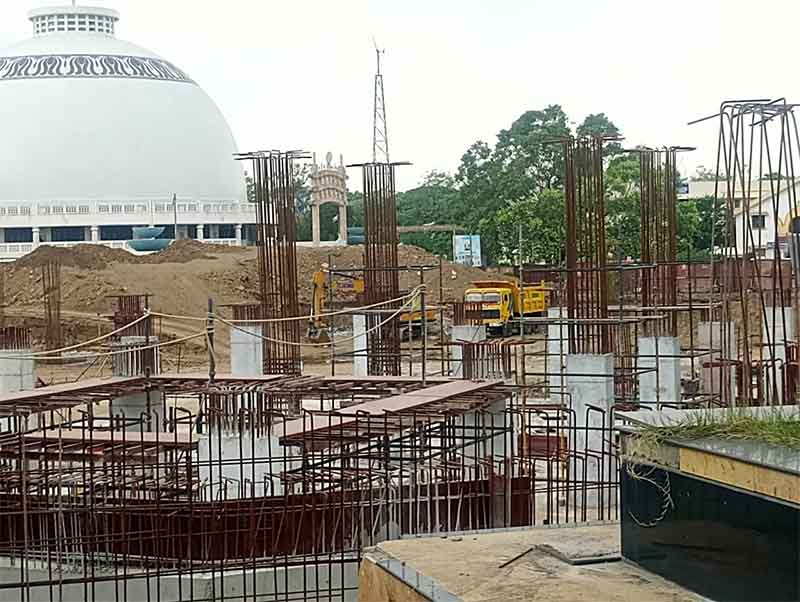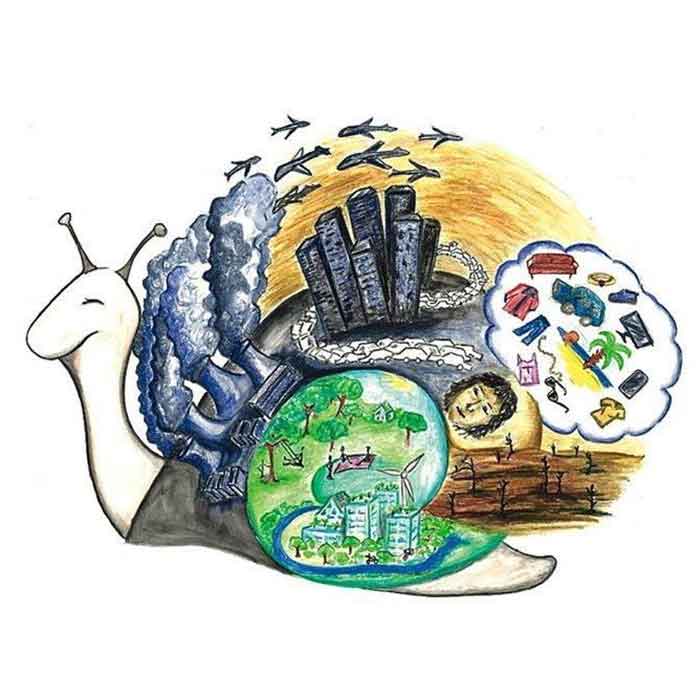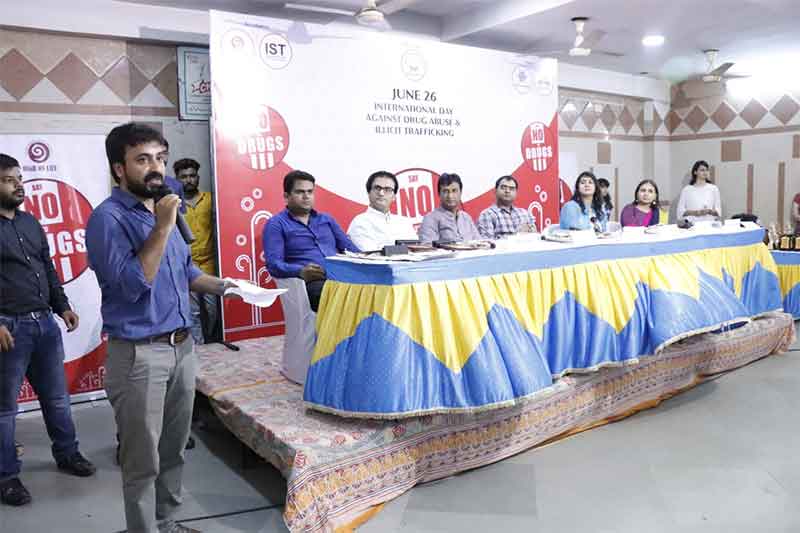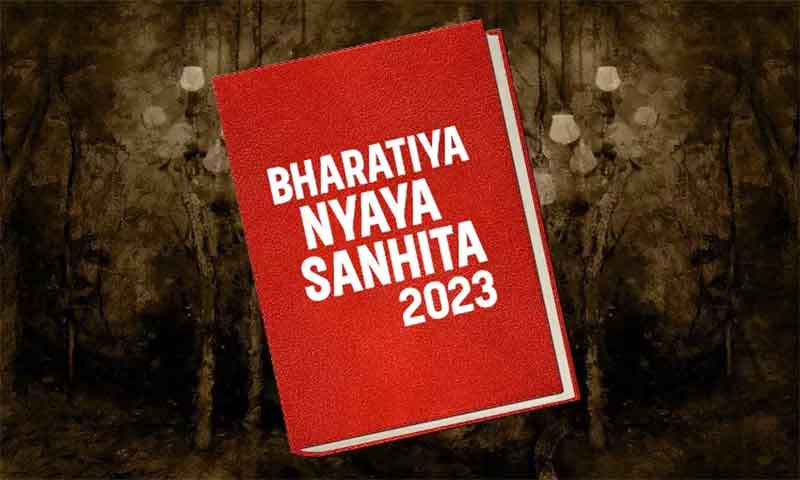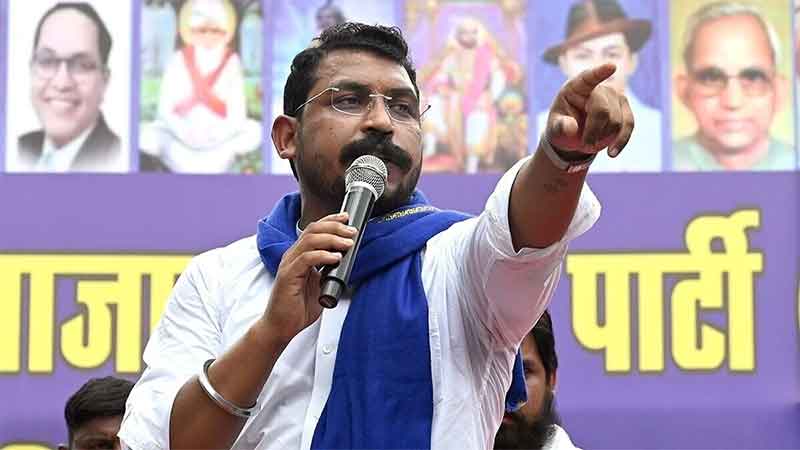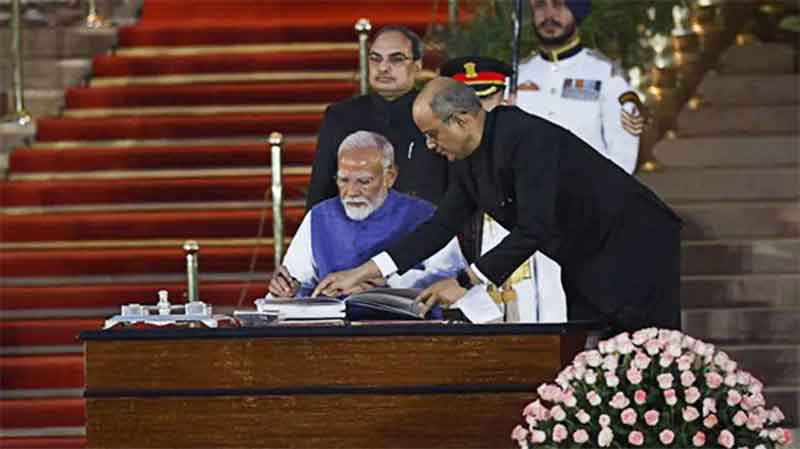
Mr. Narendra Modi has been sworn in on June 9, 2024, as the prime minister of India for a third consecutive term.
The 73-year-old is only the second prime minister, after Jawaharlal Nehru, to win three terms since the country gained independence in 1947.
However, for Mr. Modi and his BJP, the jubilation for the opportunity to govern India yet again, seems somewhat muted.
Mr. Modi and his ruling party, the BJP (Bharat Janata Party) were confident of a landslide victory. The media and the exit polls also predicted similar trend that the BJP would win 400+ seats of 543 seats in the Lok Sabha, the Lower House.
Things did not quite go as per the script. BJP failed to get the required number and as a result it was forced to form a coalition with its former adversaries to form the government.
Many have applauded BJP’s less-than-expected poll results, a triumph of democracy, and a “wonderous moment” and blamed “despondency, the suffocating shadow of authoritarianism” as the main reasons behind the ruling party’s poor poll show.
BJP debacle also demonstrated that despite its many flaws, free and fair elections, a key component of democracy, has retained its integrity in India. India’s Election Commission and the people of India have rescued India from descending into cult politics and its march towards authoritarianism. The 2024 election has restored competitive politics in India all over again.
Furthermore, the election has reaffirmed the theory that in a functioning democracy (in India, the election component of democracy has always functioned well and with integrity) people can be fooled for some of the time but not all the time.
Indeed, against the toxicity of Hindu nationalist politics of Modi/BJP and superlatives of India’s galloping economic growth the facts on the ground – “The top one per cent of the population owns 40 per cent of the wealth and nine out of ten Indians earn less than the national average of $2800 per year; a third of children under five are malnourished; 800 million people rely on food rations to simply survive” – that are anything but inspiring have mattered and influenced the election outcomes. When push came to the shove the people of India made their choices not on lofty nationalism, nor on lofty claims of economic superpower status nor on larger-than-life deified personalities such as that of Mr. Modi but on the bread-and-butter issues.
This is good news. There is no doubt that democracy has triumphed in India.
However, whether the return to competitive politics has eliminated in India the communal politics is difficult to say. Lately, Modi’s toxic anti-minority especially anti-Muslim hate politics has since entrenched hostility towards the Muslims and infected deeply the mindset of a large section of the India’s population especially its middle class.
Therefore, question may be asked whether triumph of democracy has trumped and/or can trump Modi’s hate politics.
Sadly, signs are anything but encouraging for such has been the impact of Mr. Modi’s poisonous sectarianism on India’s Hindu minds (albeit with few exceptions) that even India’s “secular” opposition seems to feel nervous in saying or doing things that may appear, even remotely, pro-Muslim. For example, during the recent post-election press briefing, while thanking the Indian people for exercising their democratic choices prudently, the leader of the opposition alliance, Mr. Rahul Gandhi who is known as a secular politician, said, “It [the election] was a fight to save the constitution” and that “….it is the poor and marginalised people….Workers, farmers, Dalits, adivasis [Indigenous] and backwards have helped saved this constitution.”
Conspicuously absent from Gandhi’s statement of gratitude are the 200 million Muslims, India’s largest minority, the victims of Mr. Modi’s politics of exclusionary Hindu nationalism, who most certainly would have “overwhelmingly voted” for Mr. Gandhi’s opposition alliance.
What makes the omission of Muslims by Mr. Gandhi worrisome is that by no means, it was a slip of tongue. The omission was deliberate and a reflection of the mood of Indian people, a revelation that even India’s “secular” opposition is conscious that Modi’s years of sectarian politics has radicalised India such that “taking the name of Muslims might harm the fortunes of [their] political parties.” This is both concerning and instructive.
Furthermore, it is also evident that while the “secular” opposition alliance made significant gains in the election, representation of Muslims does not seem to have witnessed a “corresponding uplift in the alliance.”
These days, othering and marginalisation of Muslims seem to have become permanent features of India’s political, economic and social scenario. For example, against the demographic of 14% of India’s population, a mere 4.42% of the parliamentarians are Muslims. Furthermore, the fact that the new Modi government does not have a single Muslim minister confirms BJP and the Coalition government’s continued adherence to sectarian politics.
In sum, while the 2024 election has ushered in the triumph of democracy over Modi cult and India’s march towards authoritarianism, legacies of his sectarianism, the Islamophobia is alive and remains a dominant feature of Indian politics. This is not just sad but inherently inimical to India’s growth as a cohesive strong nation.
M. Adil Khan is an academic and a former senior policy manager of the United Nations

